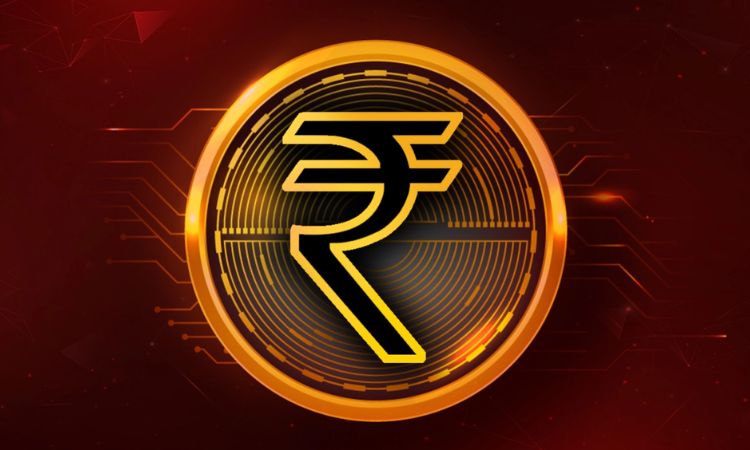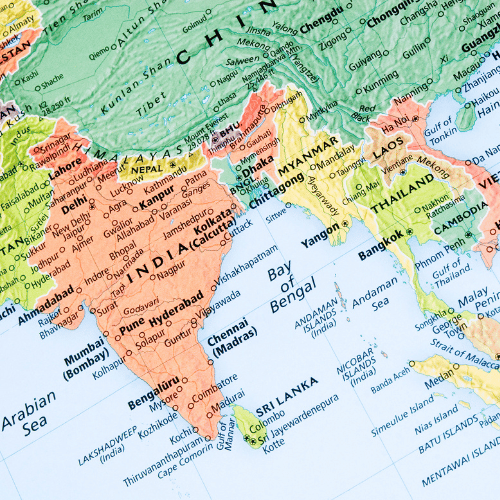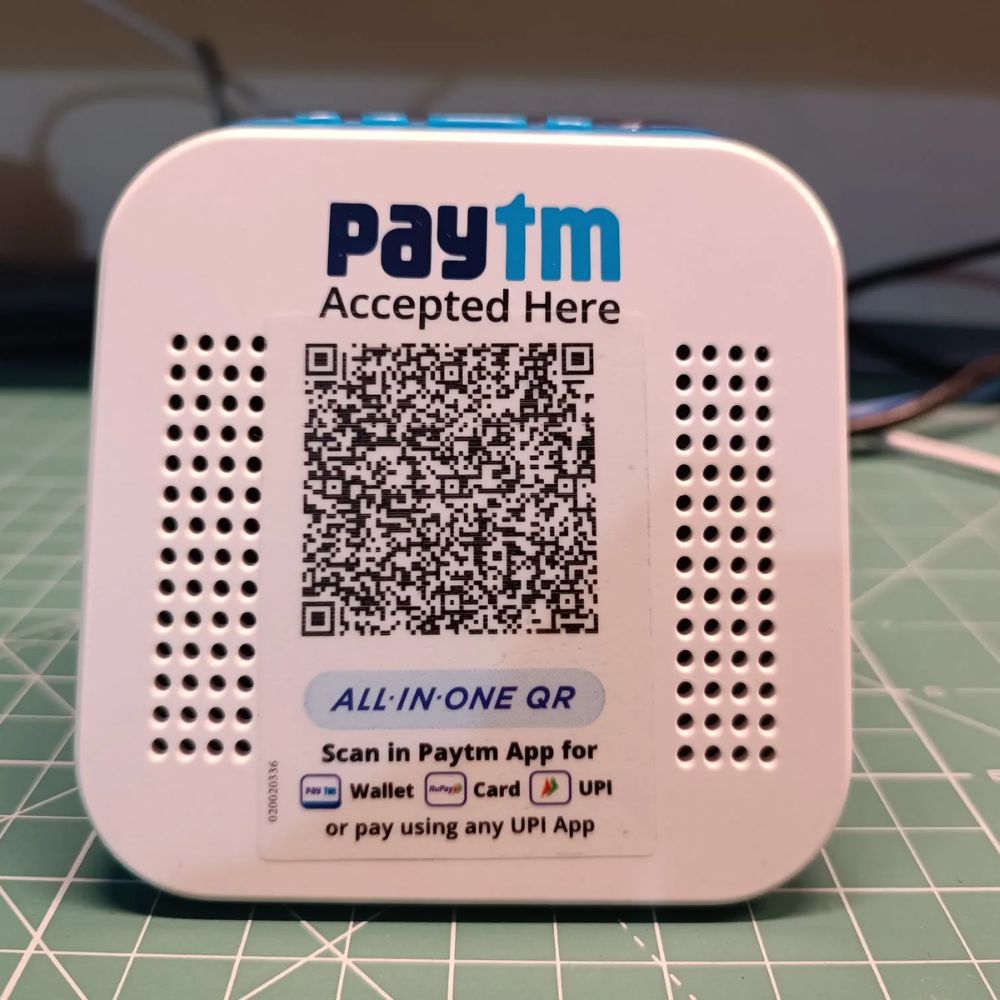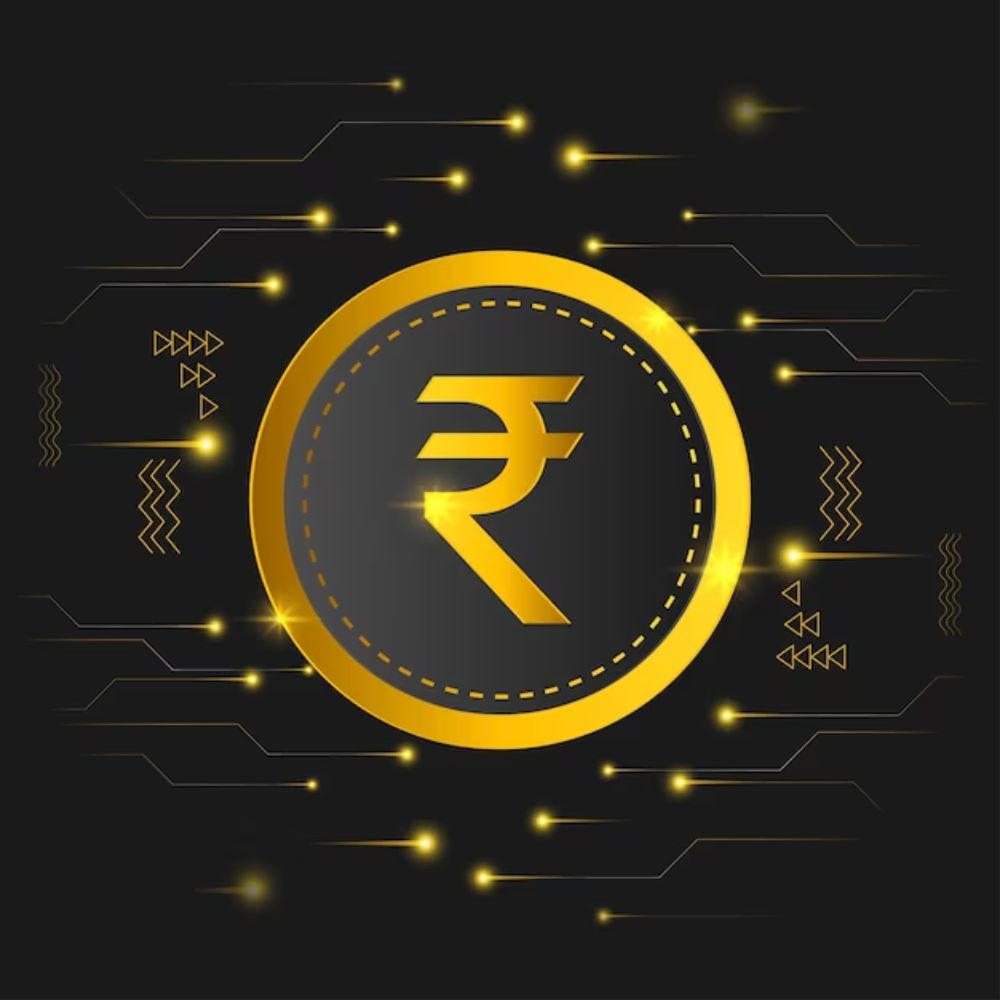The State Bank of India (SBI) has introduced UPI interoperability for its Digital Rupee (e rupee), or Central Bank Digital Currency (CBDC), via the ‘e rupee by SBI’ app. This milestone stems from SBI’s involvement in the Reserve Bank of India‘s e-rupee project, which aims to boost digital currency adoption in everyday transactions. The move connects CBDC with the UPI platform, potentially revolutionizing India’s payment landscape.

State Bank of India (SBI) has recently introduced UPI interoperability, in their Digital Rupee also known as the Central Bank Digital Currency (CBDC). Users of the ‘e rupee by SBI’ application can now conveniently scan merchant UPI QR codes to carry out transactions.
By participating in the RBI’s digital e-rupee project in December 2022 SBI has paved the way for this integration. The aim is to encourage the use of currencies in everyday financial transactions.
SBI believes that this integration will bring about a change in the digital currency ecosystem providing secure and efficient transaction solutions for users.
This development connects CBDC with the established UPI platform potentially revolutionizing the payments landscape in India. It hints at a future where CBDC will play a role in everyday financial transactions.
As of 11;42, on BSE SBIs shares have witnessed a 0.67% increase reaching Rs 573.40.
Note-: State Bank of India (SBI) is a public sector bank. SBI holds the 48th position, among the world’s banks based on total asset holding. Additionally, it secured the 221st spot on the Fortune Global 500 list of the World’s largest corporations in 2020 making it the sole Indian bank to achieve this distinction. As the largest Indian bank public sector bank, it has a significant market share of around 23% in terms of assets and approximately 25% in loans and deposits. Moreover, it proudly stands as 5th largest employer in India employing 250,000 individuals. Notably on September 14th, 2022 State Bank of India accomplished a milestone by becoming the third lender (following HDFC Bank and ICICI Bank) and the seventh Indian company to surpass a market capitalization of ₹5 trillion, on Indian stock exchanges.














